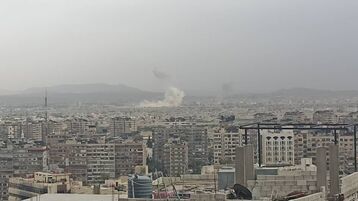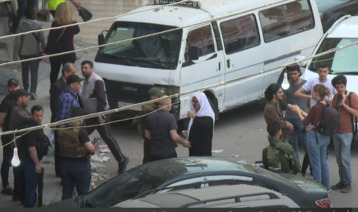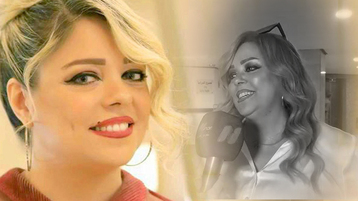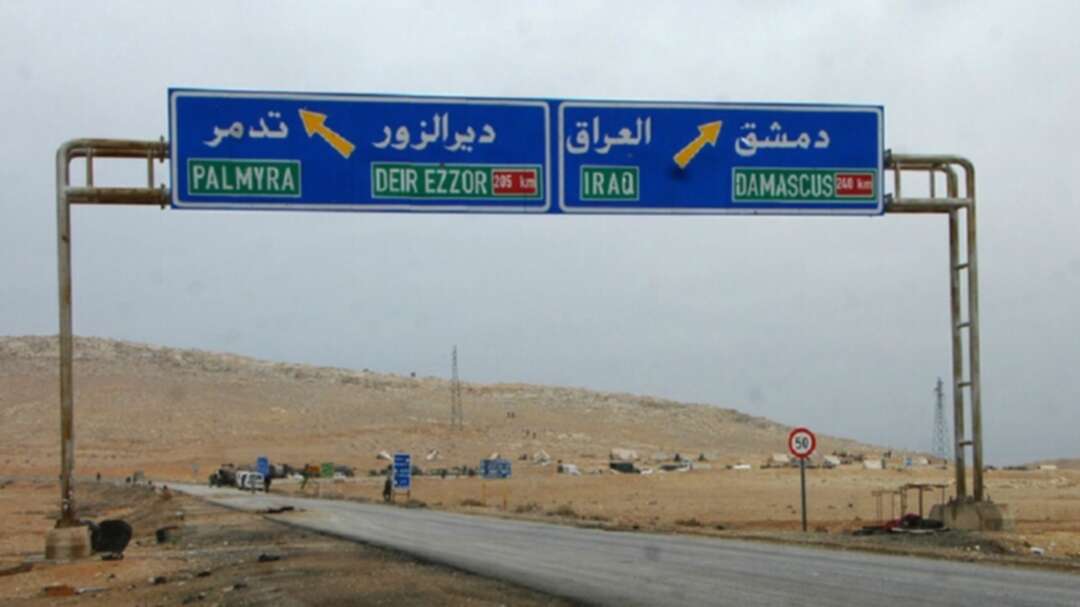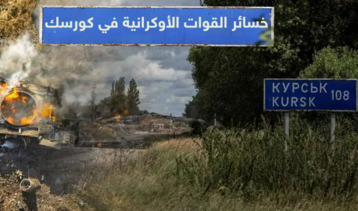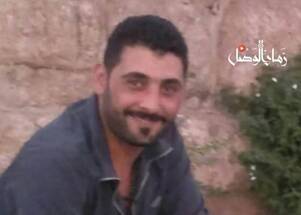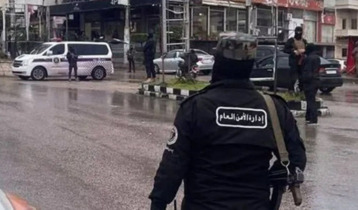-
Last Soviet leader Mikhail Gorbachev, who is awarded Nobel Peace Prize, dies at age of 91
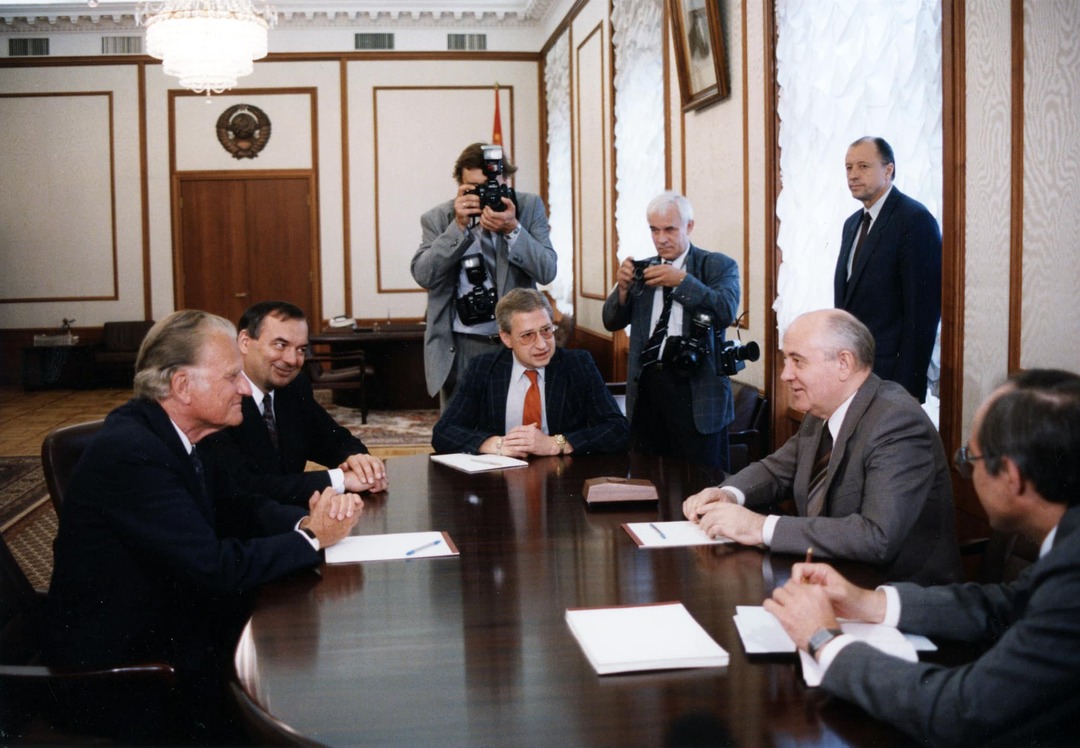
Mikhail Gorbachev, the former Soviet leader who brought the Cold War to an end without bloodshed, has died aged 91.
Gorbachev, who took power in 1985, was unable to prevent the slow collapse of the Soviet Union, from which modern Russia emerged.
He opened up the then-USSR to the world and introduced a set of reforms at home, revitalised the system by introducing limited political and economic freedoms, but his reforms spun out of control.
His policy of 'glasnost' - free speech - allowed previously unthinkable criticism of the party and the state, but also emboldened nationalists who began to press for independence in the Baltic republics of Latvia, Lithuania, Estonia and elsewhere, according to Reuters.
Many Russians never forgave Gorbachev for the turbulence that his reforms unleashed, considering the subsequent plunge in their living standards too high a price to pay for democracy.
There’s an old saying, “Never meet your heroes.” I think that’s some of the worst advice I’ve ever heard. Mikhail Gorbachev was one of my heroes, and it was an honor and a joy to meet him. I was unbelievably lucky to call him a friend. All of us can learn from his fantastic life. pic.twitter.com/All5suSke1
— Arnold (@Schwarzenegger) August 30, 2022
After visiting Gorbachev in hospital on June 30, liberal economist Ruslan Grinberg told the armed forces news outlet Zvezda: "He gave us all freedom - but we don't know what to do with it."
In recent years his health has been in decline and he had been in and out of hospital. In June, international media reported that he had been admitted after suffering from a kidney ailment, though his cause of death has not been announced, the BBC reported.
Tributes have been paid worldwide, with UN chief Antonio Guterres saying he "changed the course of history".
📼 MEMORIA: Cuando cayó la URSS Mikhail Gorbachev protagonizó este histórico comercial de Pizza Hut. pic.twitter.com/vhYMD8Oocx
— Nicolas Copano (@copano) August 30, 2022
"Mikhail Gorbachev was a one-of-a kind statesman," UN Secretary General Mr Guterres wrote in a Twitter tribute. "The world has lost a towering global leader, committed multilateralist, and tireless advocate for peace."
Russian President Vladimir Putin on Tuesday expressed his deepest condolences on the death of former Soviet leader Mikhail Gorbachev, Kremlin spokesman Dmitry Peskov told Interfax news agency.
US President Joe Biden called him a "rare leader" and praised Mr Gorbachev as a unique politician who had the "imagination to see that a different future was possible" amid the tensions of the Cold War.
Latvia begins dismantling Soviet victory monument
European Union President Ursula von der Leyen praised him as a "trusted and respected leader" who "opened the way for a free Europe".
"This legacy is one we will not forget," she added.
UK Prime Minister Boris Johnson said he admired Mr Gorbachev's courage and integrity, adding: "In a time of Putin's aggression in Ukraine, his tireless commitment to opening up Soviet society remains an example to us all."
Gorbachev was born on March - 2 - 1931, in Privolnoye, Stavropol Krai, to a poor peasant family of Russian and Ukrainian heritage.
Competition launched to de-Sovietize Odesa’s Opera Theatre Square
He grew up under the rule of Joseph Stalin. In his youth he operated combine harvesters on a collective farm before joining the Communist Party, which then governed the Soviet Union as a one-party state according to the prevailing interpretation of Marxist–Leninist doctrine.
In 1953, and while studying at Moscow State University, he married fellow student Raisa Titarenko, prior to receiving his law degree in 1955.
Gorbachev believed significant reform was necessary to the Soviet state and to its socialist ideals, particularly after the 1986 Chernobyl disaster.
Finland removes controversial monument gifted by Soviet Union in 1989
He withdrew from the Soviet–Afghan War and embarked on summits with United States president Ronald Reagan to limit nuclear weapons and end the Cold War.
In 1991, the Soviet Union dissolved against Gorbachev's wishes and he resigned. After leaving office, he launched his Gorbachev Foundation, became a vocal critic of Russian presidents Boris Yeltsin and Vladimir Putin, and campaigned for Russia's social-democratic movement.
Gorbachev is credited for his crucial role in the fall of the Berlin Wall and subsequent reunification of Germany.
For his excellent leadership and his contributions to the overall betterment of world development, Gorbachev was awarded the Nobel Peace Prize in 1990.
levantnews-agencies
You May Also Like
Popular Posts
Caricature
BENEFIT Sponsors BuildHer...
- April 23, 2025
BENEFIT, the Kingdom’s innovator and leading company in Fintech and electronic financial transactions service, has sponsored the BuildHer CityHack 2025 Hackathon, a two-day event spearheaded by the College of Engineering and Technology at the Royal University for Women (RUW).
Aimed at secondary school students, the event brought together a distinguished group of academic professionals and technology experts to mentor and inspire young participants.
More than 100 high school students from across the Kingdom of Bahrain took part in the hackathon, which featured an intensive programme of training workshops and hands-on sessions. These activities were tailored to enhance participants’ critical thinking, collaborative problem-solving, and team-building capabilities, while also encouraging the development of practical and sustainable solutions to contemporary challenges using modern technological tools.
BENEFIT’s Chief Executive Mr. Abdulwahed AlJanahi, commented: “Our support for this educational hackathon reflects our long-term strategic vision to nurture the talents of emerging national youth and empower the next generation of accomplished female leaders in technology. By fostering creativity and innovation, we aim to contribute meaningfully to Bahrain’s comprehensive development goals and align with the aspirations outlined in the Kingdom’s Vision 2030—an ambition in which BENEFIT plays a central role.”
Professor Riyadh Yousif Hamzah, President of the Royal University for Women, commented: “This initiative reflects our commitment to advancing women in STEM fields. We're cultivating a generation of creative, solution-driven female leaders who will drive national development. Our partnership with BENEFIT exemplifies the powerful synergy between academia and private sector in supporting educational innovation.”
Hanan Abdulla Hasan, Senior Manager, PR & Communication at BENEFIT, said: “We are honoured to collaborate with RUW in supporting this remarkable technology-focused event. It highlights our commitment to social responsibility, and our ongoing efforts to enhance the digital and innovation capabilities of young Bahraini women and foster their ability to harness technological tools in the service of a smarter, more sustainable future.”
For his part, Dr. Humam ElAgha, Acting Dean of the College of Engineering and Technology at the University, said: “BuildHer CityHack 2025 embodies our hands-on approach to education. By tackling real-world problems through creative thinking and sustainable solutions, we're preparing women to thrive in the knowledge economy – a cornerstone of the University's vision.”
opinion
Report
ads
Newsletter
Subscribe to our mailing list to get the new updates!

